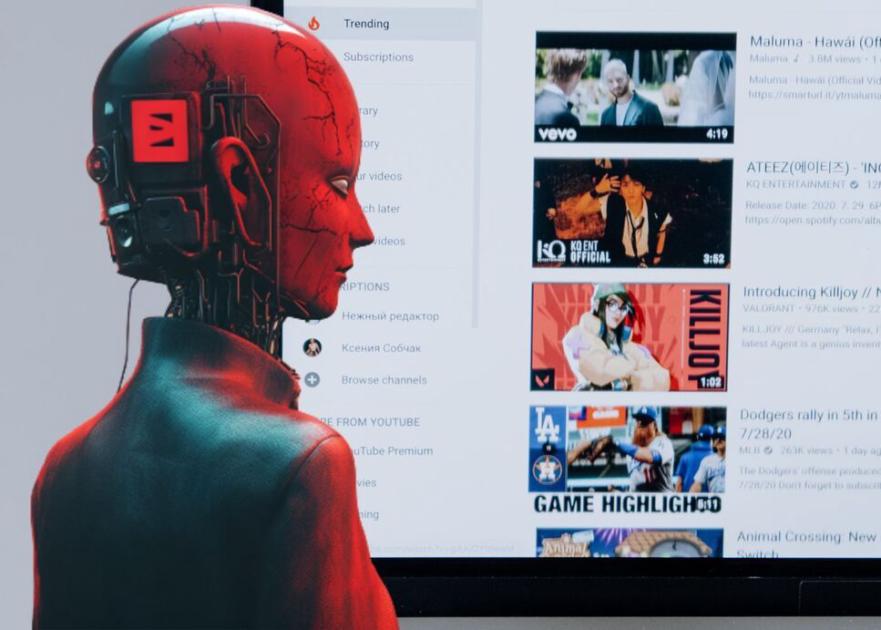Can GPT-4 block ads better than humans? We put an AI-powered ad blocker to the test
adguard.comAI has been widely used in applications to streamline and improve their work — but what about ad blocking? We tested an AI-powered ad blocker and come to you with the results.
As usual with questions in title, the answer is no. But IMO it’s a flawed comparison because no-one is going around and picking sponsored segments by hand and disabling them. So compared to other automatic tool, I’d say it works fine.
Edit: I have been enlightened in the comments that indeed there are such projects.
You must log in or register to comment.
A place to discuss privacy and freedom in the digital world.
Privacy has become a very important issue in modern society, with companies and governments constantly abusing their power, more and more people are waking up to the importance of digital privacy.
In this community everyone is welcome to post links and discuss topics related to privacy.
Some Rules
- Posting a link to a website containing tracking isn’t great, if contents of the website are behind a paywall maybe copy them into the post
- Don’t promote proprietary software
- Try to keep things on topic
- If you have a question, please try searching for previous discussions, maybe it has already been answered
- Reposts are fine, but should have at least a couple of weeks in between so that the post can reach a new audience
- Be nice :)
Related communities
much thanks to @gary_host_laptop for the logo design :)
- 0 users online
- 113 users / day
- 519 users / week
- 1.44K users / month
- 4.49K users / 6 months
- 1 subscriber
- 4.31K Posts
- 109K Comments
- Modlog







This is the best summary I could come up with:
But beyond OpenAI’s own products, GPT-4 has been integrated into many applications and services, from learning and payment apps to Microsoft’s Bing AI and now ad blocking.
The GPT-AdBlocker team describes the extension as “the ultimate all-in-one solution.” As far as its accuracy goes, they say it’s “very accurate” in detecting ads in videos but “some errors” may creep in.
The same cannot be said about videos that feature multiple product placements throughout, which is very common with tutorials, where showing tools, whichever they are, is an inalienable part of the content.
In our express analysis on YouTube’s potential ban on ad blockers, we mentioned that content creators are increasingly relying on brand deals, in addition to donations, to support their work.
Granted, sponsored segments can be annoying, sketchy and feel too long — but they are still part of the content, so blocking them entirely raises an ethical issue.
Moreover, while the integration of AI into ad blocking is promising, it’s possible that even with additional fine-tuning it won’t be a panacea for all ad-related challenges due to the intricacies of content creation.
I’m a bot and I’m open source!